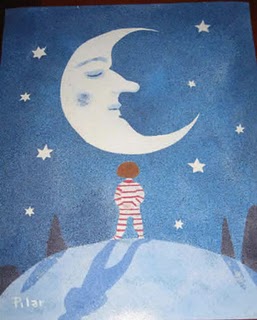4.1.3.2.2 The poetic and cultural work of Rafaela Chacón Nardi (1926 – 2001) in relation to children

From a young age, Rafaela Chacón Nardi had shown a special predilection for children; although nature did not grant her the gift of procreation, this was compensated for by an absolute dedication to infants and their physical, intellectual, and emotional development, especially those afflicted by some disease and who so greatly required knowledge and culture to adapt to their social context.
His house even served as a reading workshop and countless verses were dedicated to children, also as a vibration resulting from the collective, from the revolutionary forge, as evidenced by his lyrical “Diary of a Rose”, in which from childish fantasy he refers to the days in the life of a rose that tells of its awakening to the world and finally when it is launched into the sea by pioneering hands that pay tribute to Camilo Cienfuegos on the anniversary of his physical disappearance.
In addition to the book mentioned in another section, “Coral de aire”, also containing children’s verses, he conceived others dedicated to children around the world and especially to the “new pines” of the Island. His work in this and other fields was strongly marked by the imprint of José Martí, a figure he dedicated himself to studying and who would take up very especially in his connection with children and the way in which education acquired simultaneously a revolutionary, axiological and cultural meaning.
Her lyrical notebook, “Naive Poems for Little Elián,” is very interesting and also little studied. Rather than a political meaning, it reveals the deep impression that the early tragedy she suffered and the conflicts in which the child, who survived the death of his mother on the high seas and remained kidnapped for months in the United States, made on the author.
The 2001 text “Carousel” was conceived from the outset in Braille for blind and partially sighted children, as a final tribute to the unparalleled, limpid love he had for his children, who were all the Rafaela of Cuba. Later, the texts “Coral de aire,” “Carousel,” and “Poemas ingenuos para el pequeño Elián” were collected in a complete volume by Esteban Llorach, under the title “El niño y la luna,” published by Editora Abril; the researcher manages to penetrate the skeletal fabric of his poetic dedication to those who are undoubtedly the hope of the world.








